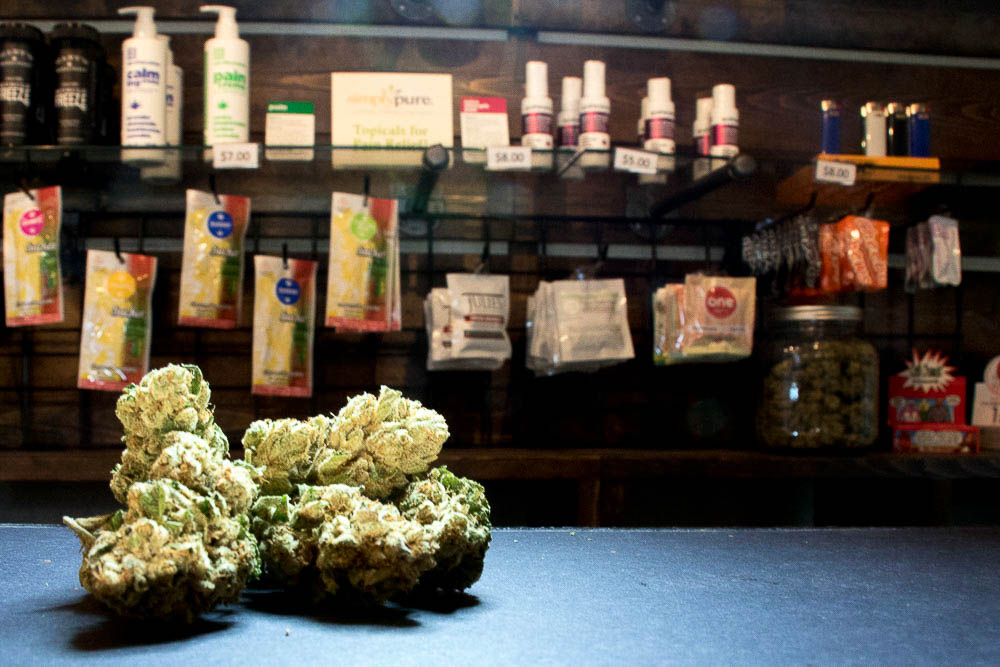
Proposition 119 asks voters if they want to increase the tax rate on recreational marijuana and use the new money to fund after-school programs and tutoring for underserved youth.
If voters approve the initiative, the state’s retail marijuana sales tax rate would rise from the current 15 percent to 20 percent over the next three years. State analysts estimate that once the increase is fully in effect, it would generate an additional $137.6 million a year. The tax would not apply to medical marijuana.
Additionally, Proposition 119 would also transfer $22 million from the State Land Trust to help pay for this new program. That money would otherwise go to general school funding.
To manage the new program, Proposition 119 would create the Colorado Learning Authority, overseen by a board of directors. It would certify tutors and enrichment programs as eligible for funding and distribute money to families, with a priority on those at or below the poverty line. The Governor would appoint the board members.
Families would be able to choose among approved programs, which could be run by a public school or a private provider. The non-profit group Gary Community Ventures is spearheading the bipartisan effort to pass Proposition 119. Supporters say the money will help close long-standing achievement gaps between low-income and higher-income students — gaps that have only widened during the COVID-19 pandemic.
Supporters argue that Proposition 119 would empower parents to pick a tutoring or after-school program that best fits their child’s developmental needs.
"We want Colorado kids to be able to get the help they need and pursue out-of-school opportunities that help them grow as learners and citizens," said Heidi Ragsdale with an out-of-school nonprofit in Grand Junction, STEM Is My Future, in an earlier interview about the initiative.
Opposition to Proposition 119 comes from two sources: those concerned about higher marijuana sales taxes, and those concerned with how the new tax money would be spent.
On the spending side, opponents note the initiative would send public tax money to private out-of-school service providers; they argue that it should instead go directly into public schools.
The Colorado Education Association, the state’s largest teachers union, initially supported Proposition 119 but has since shifted its position to neutral. The union says there isn’t enough information about how the program would be implemented and what kind of oversight will be in place.
As the election has drawn closer, other education organizations, including groups representing school boards and superintendents, have come out in opposition to the measure. They argue that Colorado needs to fully fund its public schools before creating new programs that divert money to extracurricular activities. And they worry increasing the sales tax on marijuana would help perpetuate the myth that marijuana sales have 'solved' Colorado schools’ funding problems.
Opponents from the marijuana industry say their product is already highly taxed and that increasing the sales tax further is regressive, placing an increased financial burden on low-income purchasers in particular, such as veterans and the elderly. They also warn it would increase the price gap between legal marijuana and the black market, potentially pushing more people to purchase marijuana illegally.
Editor's Note: This story has been updated to include the views of opposition groups that reached their position after the original publication.
- The Colorado voter’s guide to the 2021 election
- The Denverite voter guide: 13 local ballot measures, explained
- Colorado is a pretty darn safe place to cast a ballot. This is how we got here
- Why some ballot questions are in ALL CAPS
- A short guide to signing the back of your ballot
- How to automatically track your ballot









